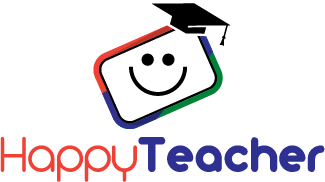
Course Description
By the end of the course, educators will have a high level understanding of the legal requirements and procedural aspects of 504 plans and IEPs. They will be equipped to promote inclusive practices, engage families in the process and foster educational success for all students. This course will empower professionals to ensure that every student receives the support they need to thrive in educational settings.
Upon completion of this course, the participant will be able to:
- Analyze the legal frameworks governing the development and implementation of Individualized Education Programs (IEPs) and Section 504 plans.
- Understand the IDEA child find process, including its purpose, procedures, and legal requirements, to effectively identify and evaluate students who may be eligible for special education services and supports.
- Demonstrate a comprehensive understanding of the Multi-Tiered System of Supports (MTSS) process implemented in your school/district, including its key components, data-driven decision-making, and evidence-based interventions, to effectively support the academic, behavioral, and social-emotional needs of all students.
- Examine the role of family engagement in supporting student success, including effective communication strategies.
- Recognize the benefits of creating an inclusive learning environment for all students, including increased academic engagement, improved social-emotional well-being, and enhanced cultural competency.
Course Instructors
M.Ed. in Special Education
If you are eligible, this degree qualifies for the TEACH grant. Click HERE for more info.This MA program does not include licensure. Check with your state on licensing requirements
| Course Number | Semester Credits | Course Title(s) |
|---|---|---|
| Happy Teacher Courses | 12 | ABC’s of 504’s and IEP’s Trauma Information in Education Integrating Social-Emotional Learning AI in Education *Other Happy Teacher courses may be substituted |
| EDU 512 | 3 | Educational Research Methods |
| EDU 531 | 3 | Teaching & Working in a Multicultural Setting |
| EDU 590 | 3 | Capstone Seminar |
| EDU 559 | 3 | Home, School, Community Relations |
| EDU 567 | 3 | Characteristics with Individuals with Disabilities |
| EDU 565 | 3 | Methods/ Curriculum: Behavior Disorders K-12 |
| EDU 569 | 3 | Methods/ Curriculum: Learning Disabilities K-12 |
| EDU 507 | 3 | Diagnostic Assessment Practices in Reading and Language Arts |


